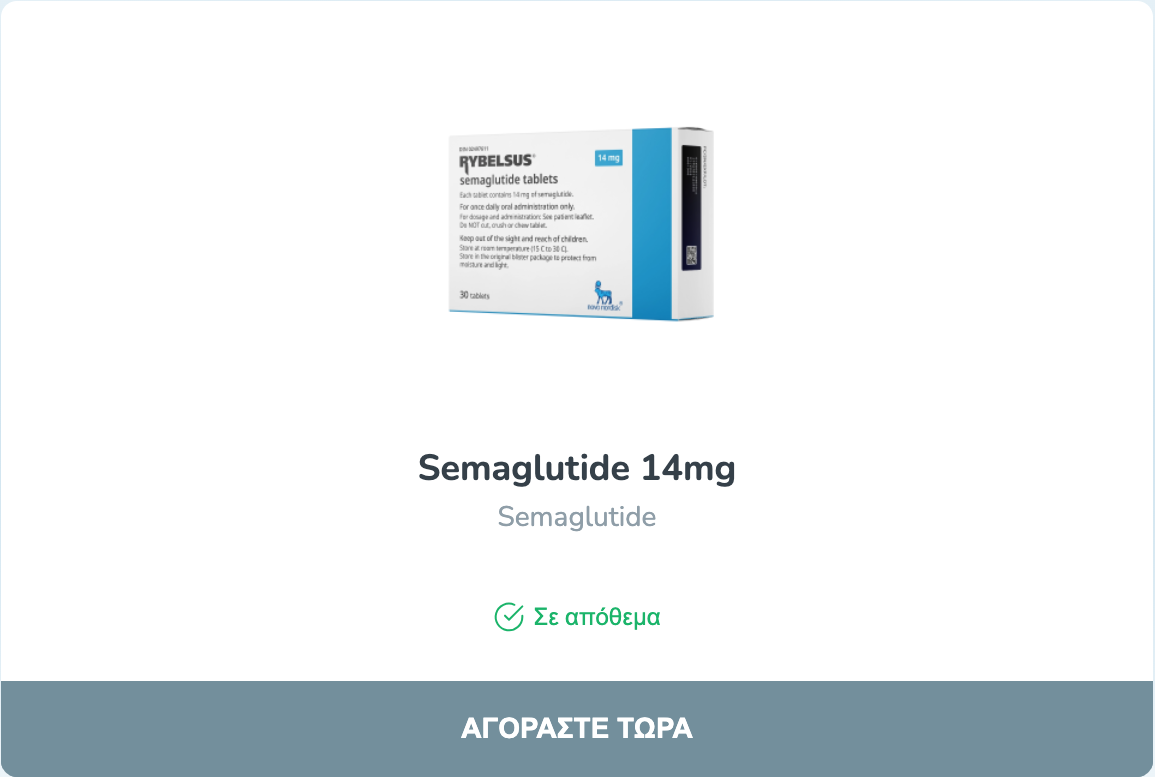How does Ozempic® work? Here’s how it helps you feel full

Ozempic® is well-known for its weight loss benefits, primarily because it helps you feel full for longer, which naturally leads to eating fewer calories. Understanding the science behind this process can be helpful for anyone thinking about using Ozempic® or already taking it.
If you’ve heard of Ozempic®, you probably know it’s a popular medication for weight loss. But you might be wondering—how does it actually work?
Simply put, Ozempic® helps you feel full, which naturally leads to eating less and, over time, losing weight.
However, the way it affects the body to create this feeling is a bit more complex. Whether you're already using Ozempic® or considering it, here’s what you should know.

What is Ozempic?
Ozempic® is a once-weekly injectable medication primarily used to help people with type 2 diabetes manage their blood sugar when diet and lifestyle changes aren’t enough.
It’s also commonly prescribed off-label for weight loss. In fact, the UK’s National Institute for Health and Care Excellence (NICE) recommends semaglutide, the active ingredient in Ozempic®, as a tool for weight management alongside a healthy diet and exercise.
Semaglutide belongs to a class of drugs known as glucagon-like peptide-1 (GLP-1) receptor agonists. These drugs mimic the effects of GLP-1, a natural gut hormone released after eating. One of its key functions is promoting a feeling of fullness, which helps reduce overall food intake. Click here for more information
How Does Ozempic Help with Weight Loss?
Ozempic® supports weight loss in several ways, primarily by reducing appetite. Since it mimics the effects of GLP-1, a natural hormone in the body, it helps create the same feeling of fullness, making it easier to eat less and manage weight effectively.
Signaling the Brain That We’re Full
Hunger starts in the brain. It responds to signals from the body, letting us know when we need more food by releasing chemical messengers that trigger appetite. Once we’ve eaten enough, the brain receives different signals that create a feeling of fullness.
GLP-1, a natural hormone, is released about 15–30 minutes after we begin eating. It communicates directly with the brain, helping to suppress appetite by activating neurons that reduce hunger and cravings while blocking the release of chemicals that drive us to eat more.
Stimulating Insulin Release
One of GLP-1’s key roles is helping the pancreas produce insulin after a meal, which also plays a part in controlling appetite.
When we eat, our body breaks down food into glucose (sugar). In response, insulin is released to help cells absorb this sugar for energy. Once we’ve consumed enough to meet our energy needs, rising insulin levels signal the brain that we’re full.
Ozempic® mimics this natural process by prompting the pancreas to release insulin when blood sugar levels increase, reinforcing the body’s fullness signals.
Slowing Digestion
When your stomach is empty after digesting a meal, hormones signal the brain that it’s time to eat again, triggering hunger. This process typically takes about 80–120 minutes.
Ozempic® slows down the movement of food through the stomach, meaning digestion takes longer. As a result, you stay full for a longer period, reducing the urge to eat frequently.
Additional Benefits of Ozempic®
Beyond aiding weight loss, Ozempic® may have other health benefits. Researchers are still exploring the full potential of drugs like Ozempic® and how they might be used in different medical treatments.
Can Ozempic® Help with Heart Disease?
Since excess weight is a major risk factor for heart disease, the weight loss achieved with Ozempic® may help lower the chances of developing heart-related conditions. Additionally, GLP-1 interacts with various cells and organs in ways that benefit heart health, such as reducing blood pressure and inflammation.
Clinical trials have shown promising results. In one study, people with type 2 diabetes and a high risk of heart problems were less likely to experience a stroke or heart attack when taking semaglutide.
A more recent trial examined individuals who were overweight and had heart disease but did not have diabetes. It found that taking semaglutide weekly led to a 20% reduction in major cardiovascular events like heart attacks and strokes. However, it’s important to note that the trial used a 2.4 mg dose, which is higher than the maximum 1 mg dose of Ozempic® typically prescribed for weight loss.
Can Ozempic® Help with Insulin Resistance?
Current research suggests that it can.
In studies involving overweight individuals without type 2 diabetes, semaglutide has been shown to reduce excess sugar and insulin levels in the blood—key indicators of improved insulin sensitivity. However, these studies used a 2.4 mg dose, which is higher than the maximum 1 mg dose of Ozempic® typically prescribed for weight loss.
Insulin resistance occurs when the body's cells become less responsive to insulin, making it harder to absorb glucose from the blood. This often develops when blood sugar levels remain consistently high, causing the pancreas to produce more insulin. Over time, cells can become desensitized, leading to excess insulin in the bloodstream, which increases the risk of conditions like heart disease and type 2 diabetes.
Semaglutide helps regulate insulin release based on blood sugar levels, improving glucose absorption and keeping blood sugar under control. It also reduces the production of glucagon—a hormone that signals the liver to release glucose—helping prevent blood sugar spikes.
Weight loss also plays a crucial role. Excess fat, especially around the abdomen, releases signals and proteins that can interfere with insulin sensitivity. Losing even a moderate amount of weight can help counteract this effect, making the body more responsive to insulin.
While insulin resistance is more common in overweight individuals without type 2 diabetes, it can occur in people of any weight.
Does Ozempic® Work for Everyone?
Ozempic® isn’t suitable for everyone, and the results can vary from person to person. It’s typically prescribed for individuals with a BMI of 30 or higher (or 27+ for certain ethnic groups) who also have at least one weight-related health condition.
To get the best results, it’s essential to adopt healthier eating habits and an active lifestyle while taking Ozempic®. Studies show that the medication is most effective when combined with these changes, so taking it alone may not give you the same benefits.
At Fat Loss Now, our weight loss programme includes not just a prescription for the medication but also expert support to help you build sustainable habits. You’ll receive weekly guidance from a dietitian, regular check-ins, and ongoing support to keep you on track.
Since Ozempic® is currently recommended for a maximum of two years, the healthy changes you make now will play a key role in maintaining your weight loss once you stop taking it.
Ozempic® isn’t recommended for people who are pregnant or breastfeeding. It may also not be suitable for individuals with a personal or family history of thyroid cancer, so it’s important to consult with your doctor before starting treatment.
There have been reports of some people taking GLP-1 agonist drugs like Ozempic® experiencing self-harming or suicidal thoughts. The UK’s Medicines and Healthcare Products Regulatory Agency (MHRA) is currently investigating this. If you notice any changes in your mental health while taking the medication, contact your doctor immediately.
For those who are eligible, semaglutide—the active ingredient in Ozempic®—has been shown to be highly effective. In a clinical trial, participants who took weekly semaglutide injections alongside lifestyle changes lost an average of 14.9% of their body weight.
However, the trial used a higher dose (2.4 mg) than what’s typically prescribed for weight loss with Ozempic®. That said, even at the standard dosing schedule—starting at 0.25 mg and gradually increasing—participants in the first 12 weeks of the trial lost an average of 6% of their body weight. So, while individual results may vary, you should still expect to see progress with consistent use and lifestyle changes.
Back to blog


